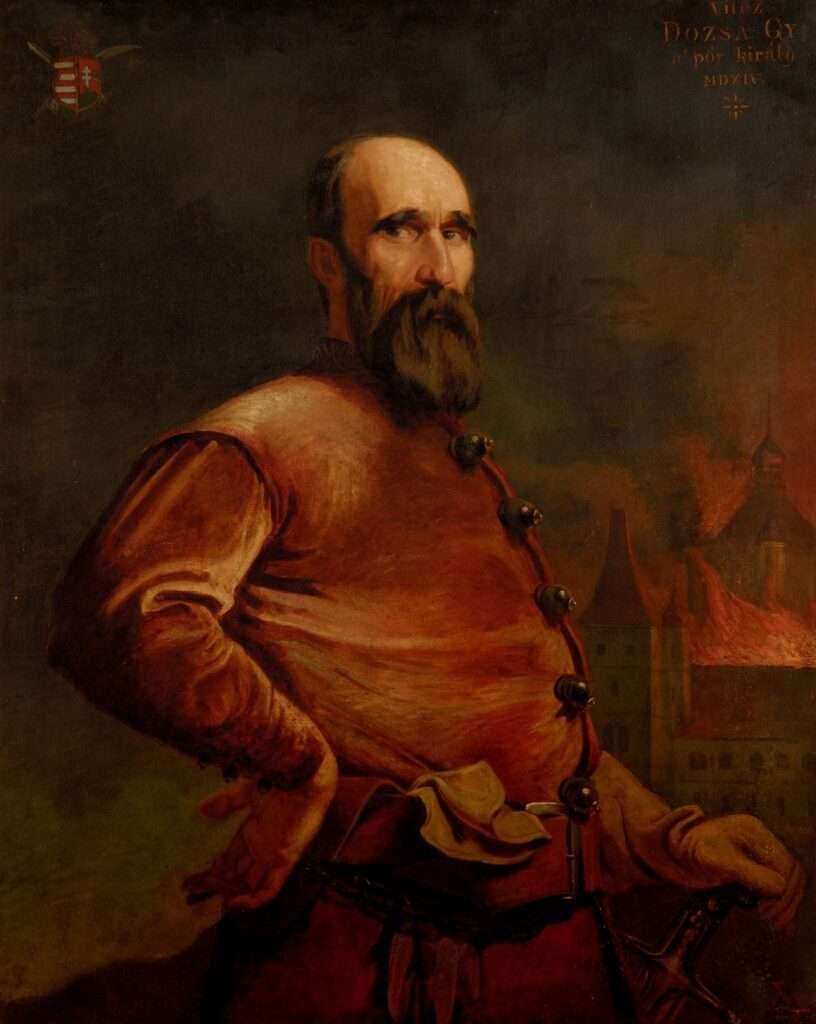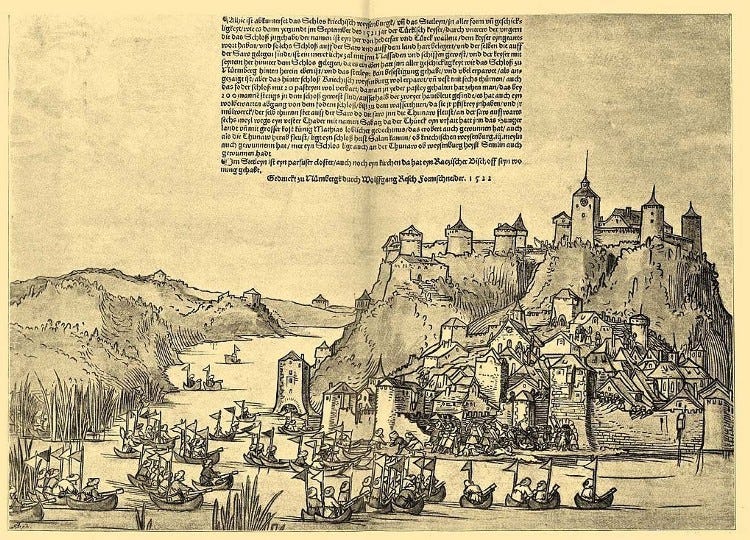Dózsa György, even before his peasant uprising had set Hungary ablaze and fatally weakened it at the moment of the Turkish threat, became famous precisely for his fight against the Turks. He did so by saving Nándorfehérvár, now Belgrade, which was once considered the gateway to the country, through a duel. On 28 February 1514, Dózsa, the valiant warrior of the Borderland, defeated Ali of Epirus.
One might think that if the Turkish warrior had won, Nándorfehérvár might have been lost seven years earlier, but there would have been no peasant war.
Of course, when you hear the name of Dózsa György, the Hungarian peasant uprising of 1514 comes to mind, but when Cardinal Bakócz Tamás announced a crusade against the Turks on 9 April 1514, he appointed Dózsa as leader. Although the Crusade was suspended on 23 May, Dózsa had already made a name for himself in the military with a legendary duel.
Keep reading with a 7-day free trial
Subscribe to Hungarian History 1366-1699 to keep reading this post and get 7 days of free access to the full post archives.





